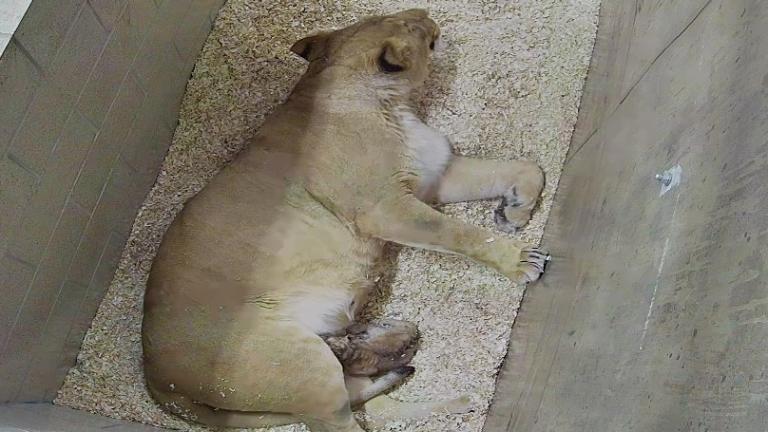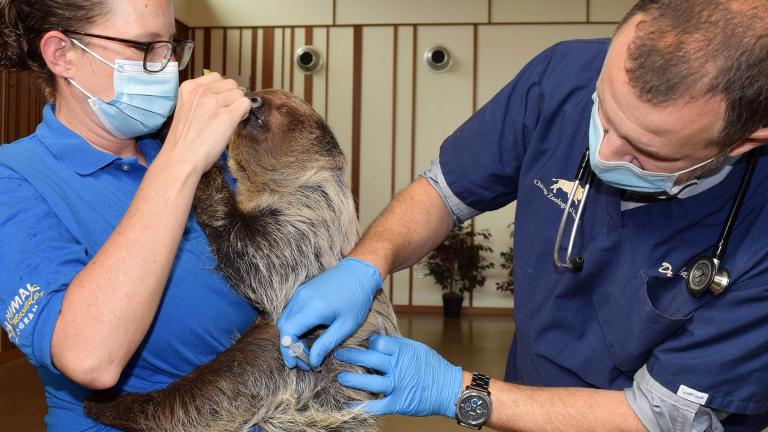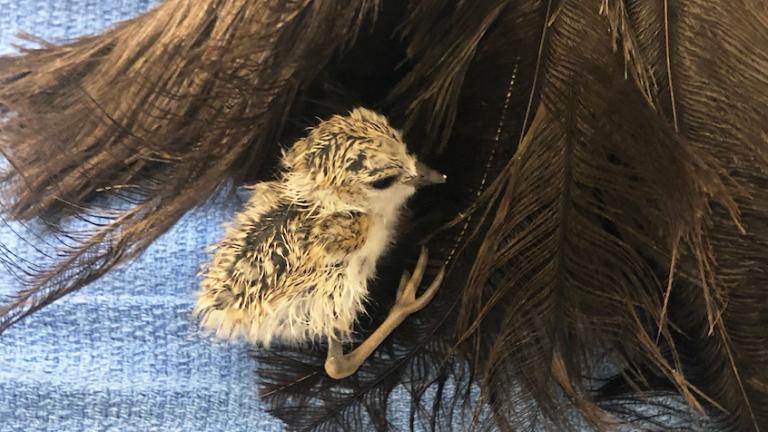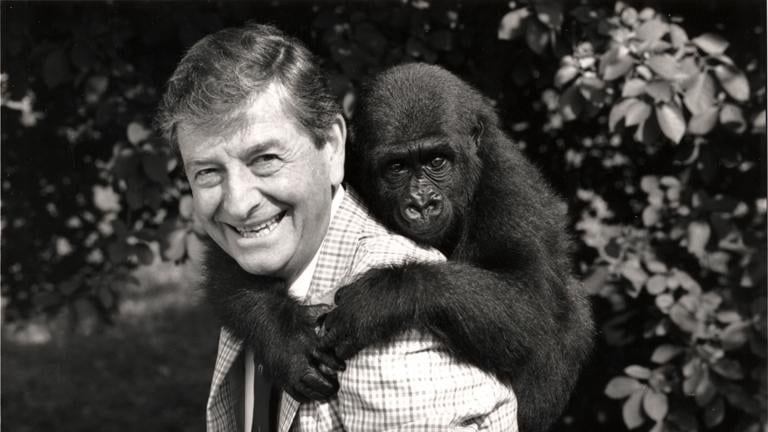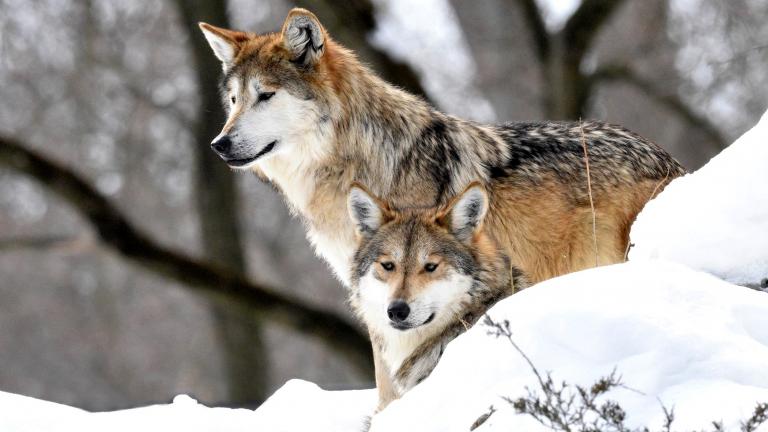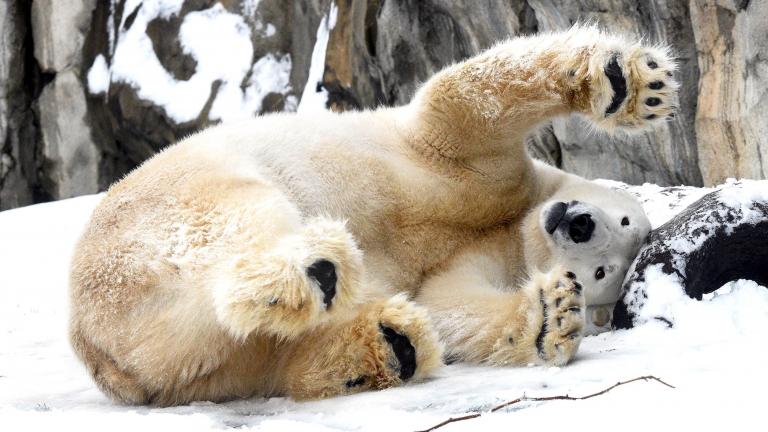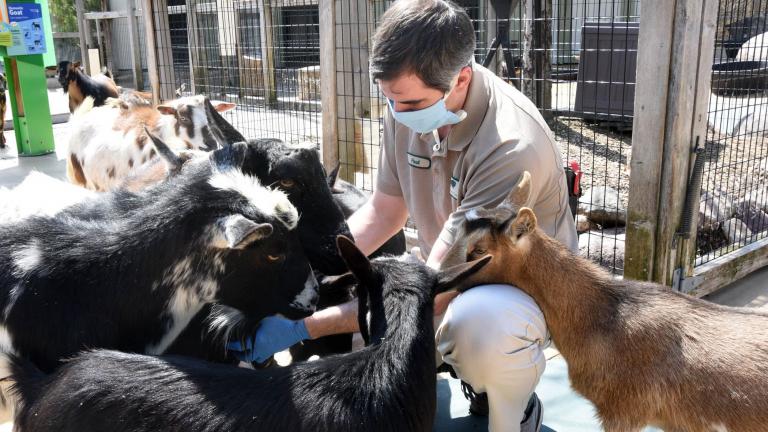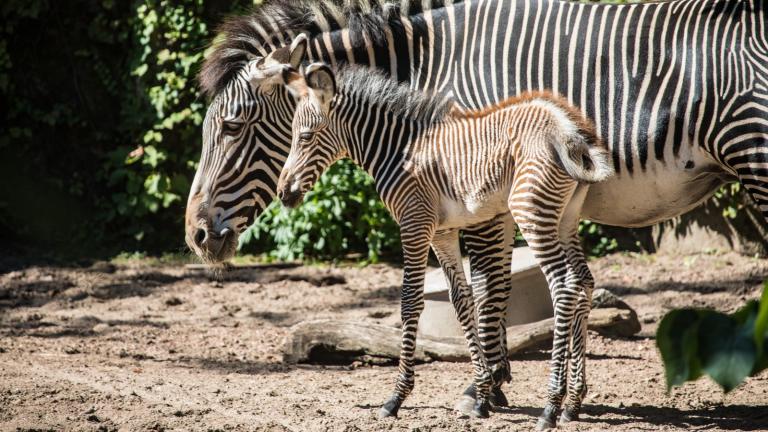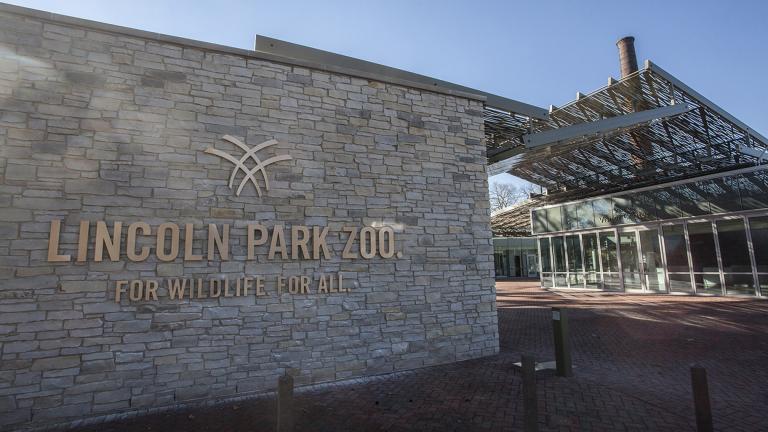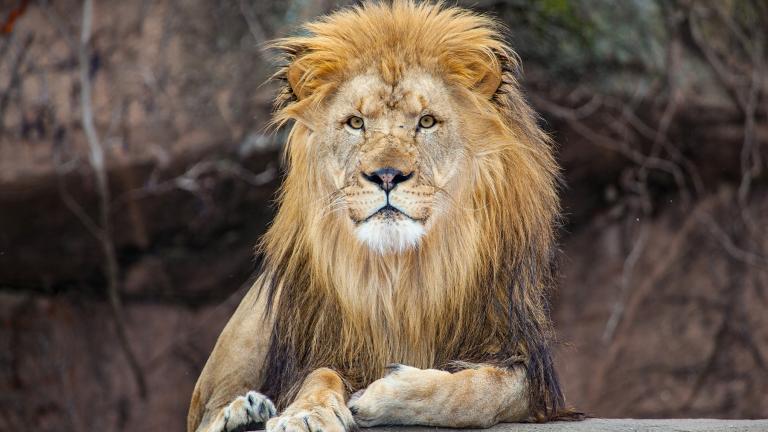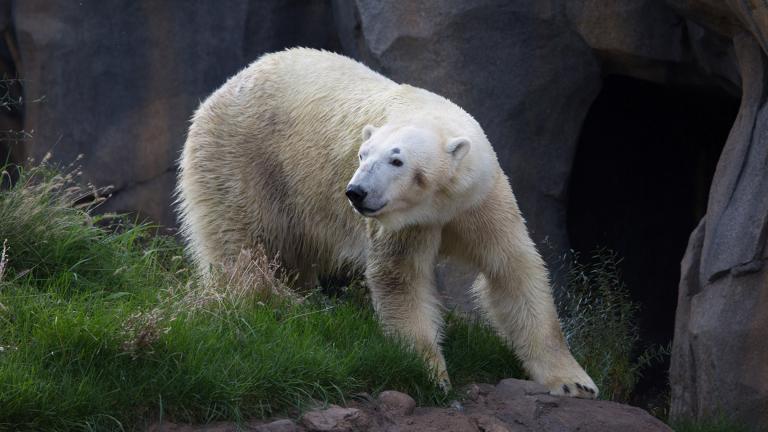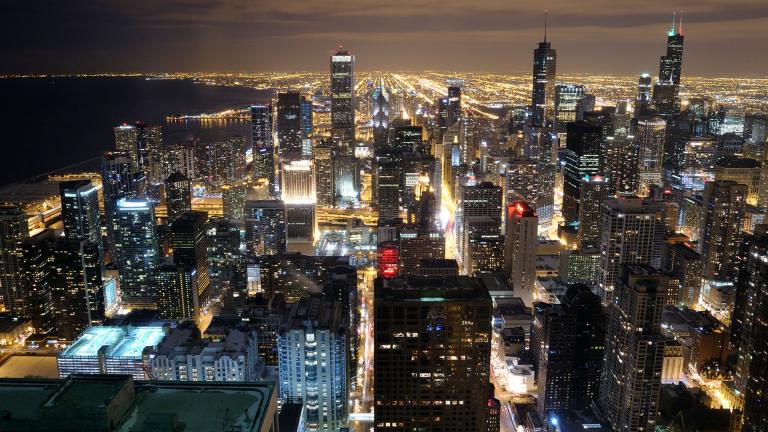The cub was born March 15, with its sex still unknown. Mom Zari and dad Jabari both arrived at the zoo in 2021 for the opening of the Pepper Family Wildlife Center.
Lincoln Park Zoo
Dr. Megan Ross, an animal behavior specialist, joined the zoo as curator of birds in 2000 and will be the first woman to lead the zoo in its 153-year history.
Animals at Brookfield Zoo have begun receiving COVID-19 vaccinations, with Lincoln Park Zoo soon to follow, as federal and state officials approved the use of the inoculations.
Two days after welcoming three healthy chicks, Chicago’s beloved piping plovers added a fourth hatchling to their growing family, thanks to a little help from wildlife officials.
Dr. Lester Fisher has led a remarkable life, from taking care of Gen. George Patton’s bulldog Willie during his service in World War II to a more than four-decade association with Lincoln Park Zoo, where he started out as a part-time veterinarian.
After self-imposed winter breaks, Lincoln Park Zoo and Brookfield Zoo are reopening to guests, with a number of safety precautions in place due to the coronavirus. Here’s what to expect.
Both Brookfield and Lincoln Park zoos will temporarily close during January and February, but they have plenty of online content in the works to remain connected with the public.
For institutions with “living collections,” there’s really been no such thing as a shutdown during the pandemic. Even with no visitors coming through the door, zoos and aquariums are still caring for their animals around the clock.
The yet-to-be-named foal was born Friday. Grevy’s zebras are endangered in the wild due to habitat loss and hunting.
The 150-year-old zoo is preparing to welcome its first visitors since the March coronavirus shutdown. Here’s what you need to know.
The city is on high alert after two coyote attacks Wednesday, but a wildlife expert says such incidents are very rare. “I don’t think people need to be panicked or alarmed,” said Seth Magle, director of the Urban Wildlife Institute at Lincoln Park Zoo.
Sahar, a 9-year-old African lion, arrived in Chicago in 2012 and became a favorite among staff and visitors. He died unexpectedly last month while living at a zoo in Kansas.
Zoo staff had been working with Siku, a 9-year-old male polar bear, for about a year to train him on behaviors that helped staff collect his blood.
Sahar, a 9-year-old African lion, died last week while living temporarily at Rolling Hills Zoo in Kansas as Lincoln Park Zoo renovates its lion house.
Using satellite images and data on wildlife activity, scientists determined that artificial light levels found in more than a third of the city are altering the circadian rhythm and behaviors of animals throughout the city.
The 151-year-old zoo will continue to offer free admission for the next 30-plus years after agreeing to an extended contract with the city.

